Are you and your partner satisfied with the current state of your relationship? Learn more about our $99 Relationship Checkup.
Search for a therapist, a psychiatrist or other content:
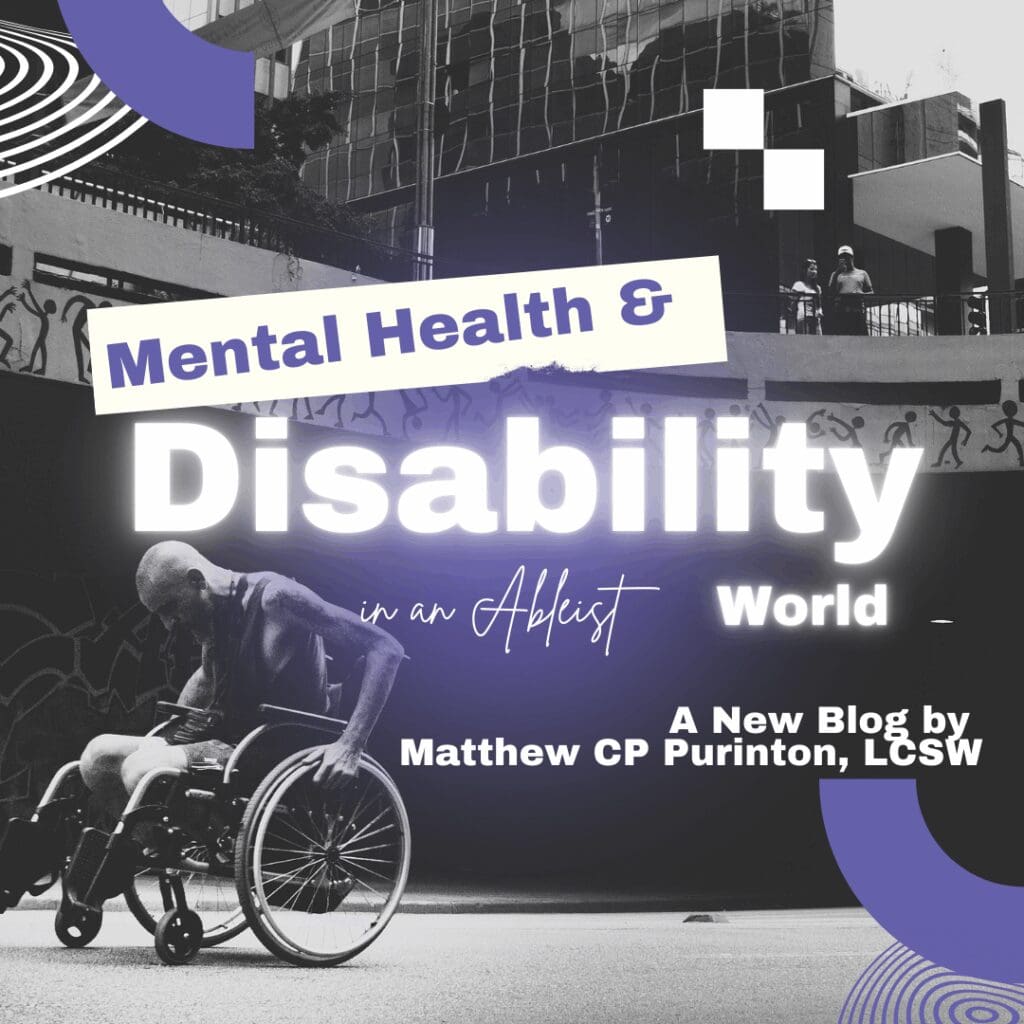
Mental Health and Disability in an Ableist World
CFR Staff Therapist and advocate Matthew CP Purinton, LCSW, explores the relationship between mental health and disability, the urgency of disability justice, and the often-overlooked role of the crip doula…
Read More
Feeling Stuck in Life? How a Trauma-Informed Therapist Can Help You Heal
If you’ve been going through the motions—working, caregiving, showing up for others—but still feel disconnected from yourself, you’re not alone. Many people describe this experience as feeling stuck in life…
Read More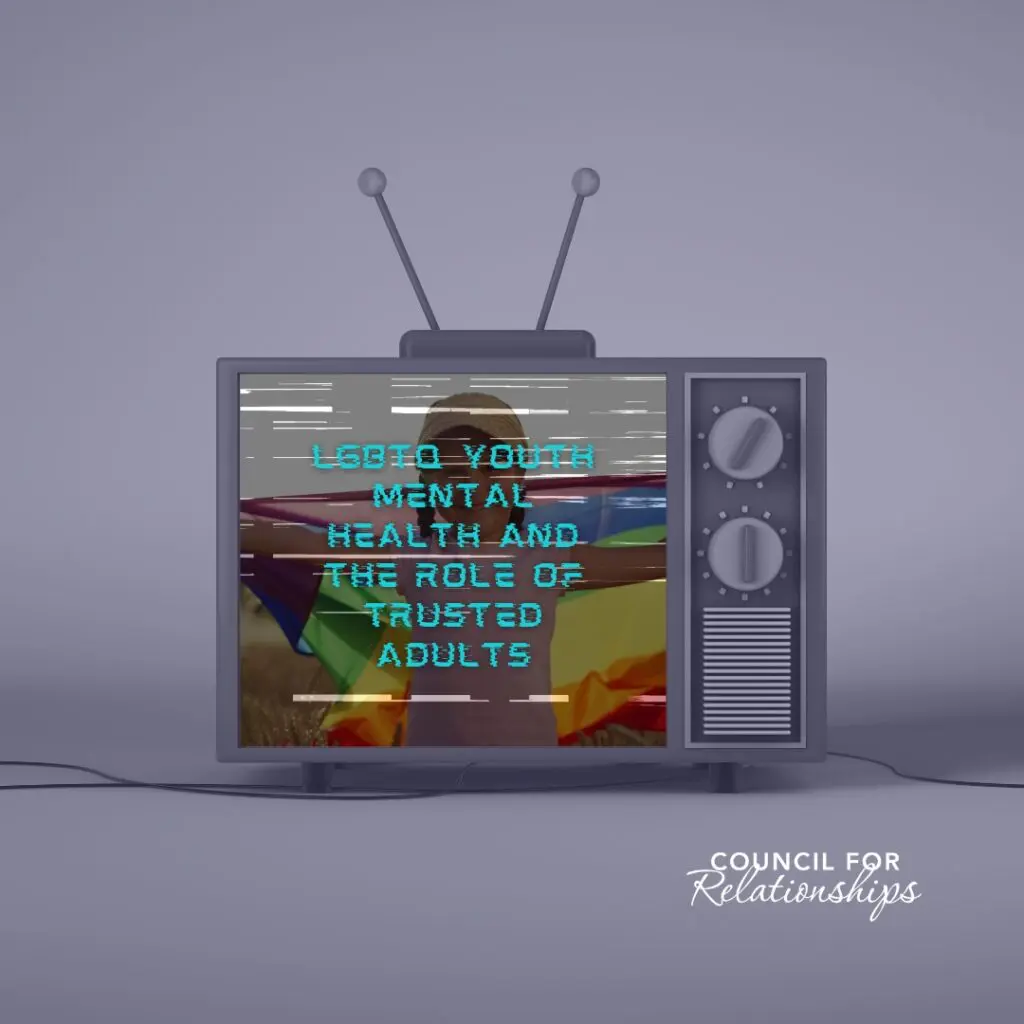
LGBTQ Youth Mental Health & the Role of Trusted Adults
Americans live in a time of growing societal rifts. One significant divide is how society treats and views members of the LGBTQ community. The people most harmed by the backlash…
Read More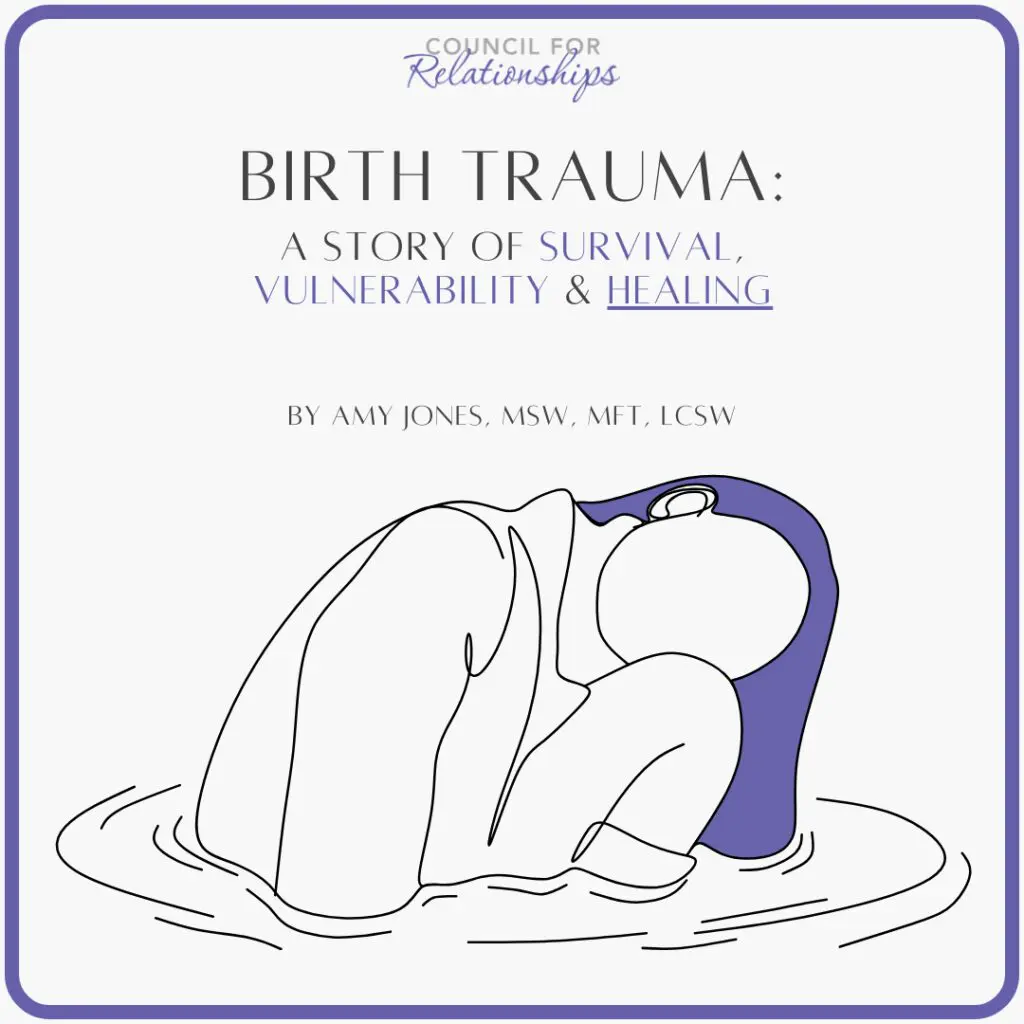
Birth Trauma: A Story of Survival, Vulnerability & Healing
When a friend, Lauren, shared this with me, it captured the profound disorientation and grief that can follow a traumatic birth, especially when a carefully prepared birth plan goes awry….
Read More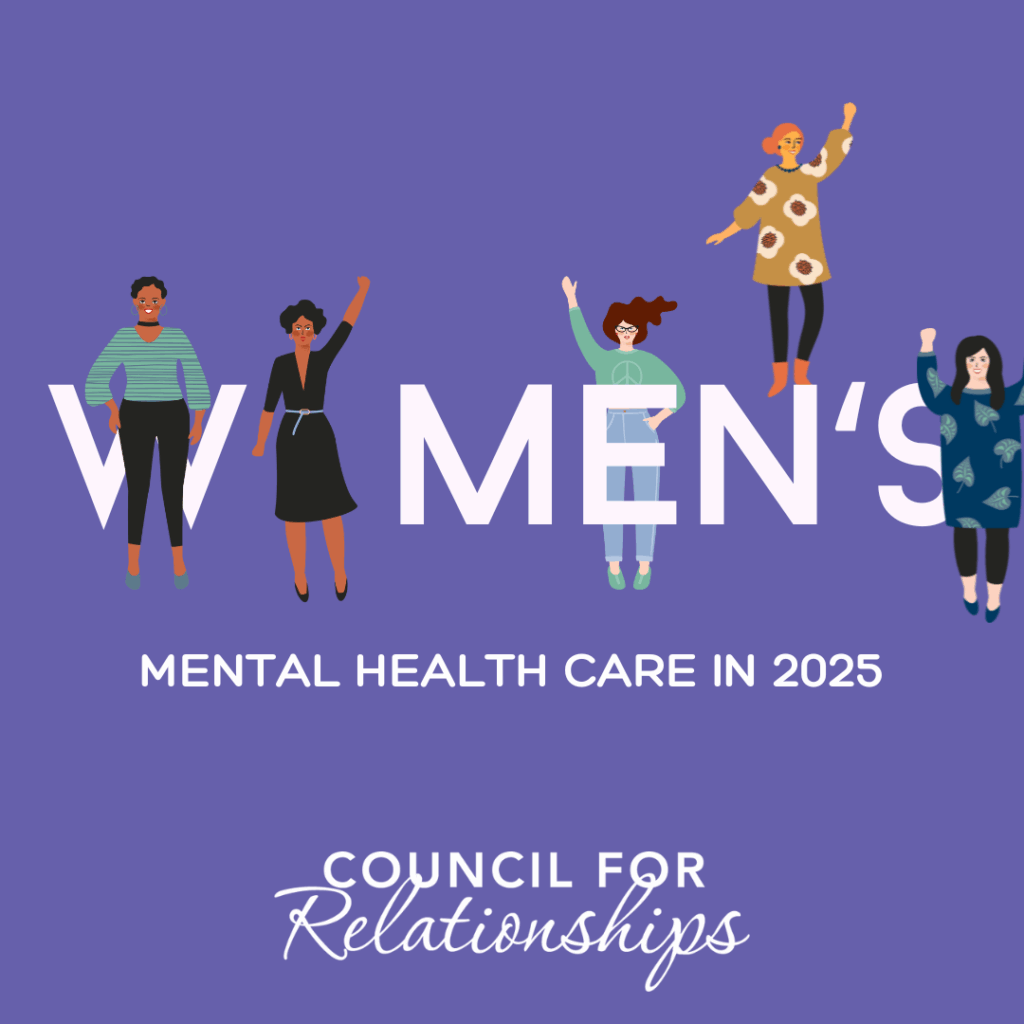
Mental Health Care for Women in 2025
In 2025, mental health care for women remains a critical public health issue—especially for those whose daily life is shaped by systemic inequality, trauma, or discrimination. At Council for Relationships…
Read More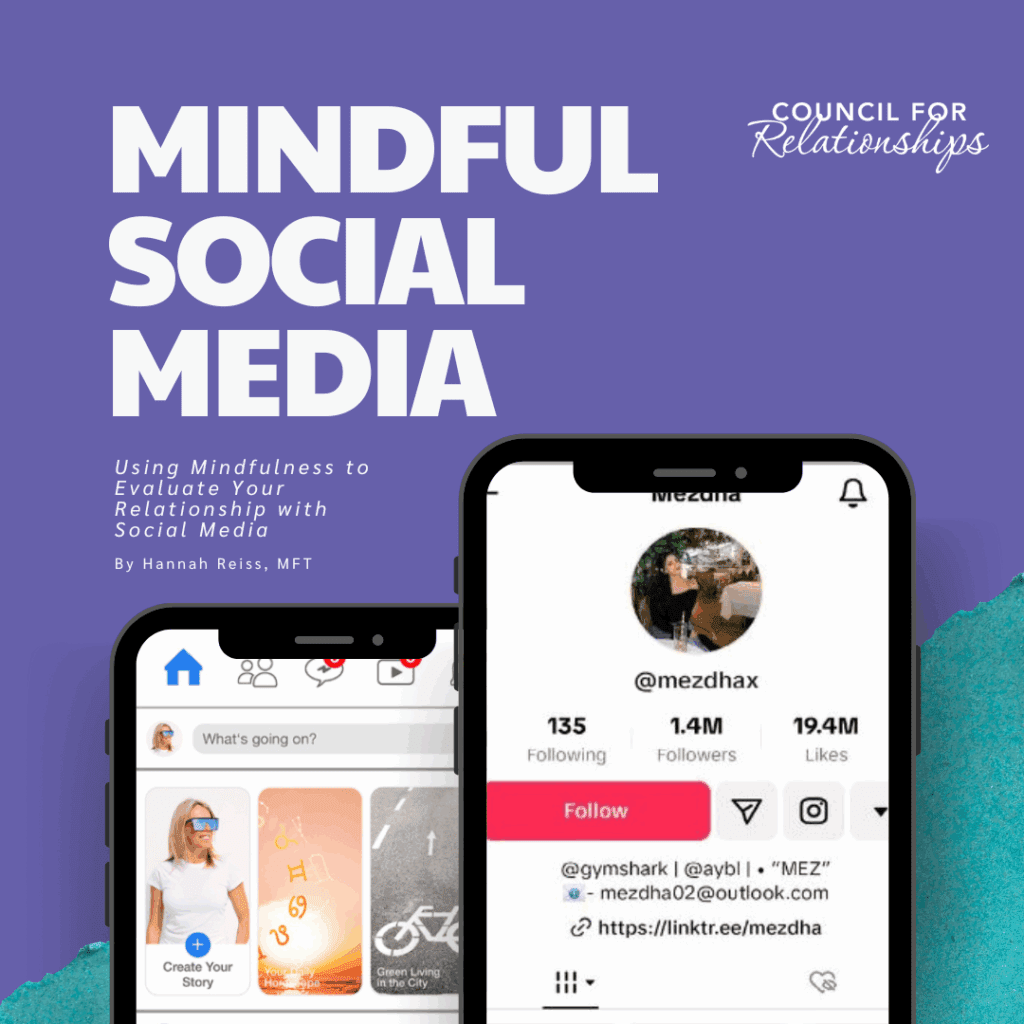
Using Mindfulness to Evaluate Your Relationship with Social Media
Mindfulness is the practice of noticing what is happening within and around you in the present moment. In this blog, we’ll explore how you can apply mindful social media use…
Read More
Expert Couples and Individual Therapy in Philadelphia with Hannah
When you’re looking for a mental health professional, you want someone who offers expert guidance, understands your unique experiences, and helps you achieve meaningful, lasting results. With Hannah Reiss, MFT,…
Read More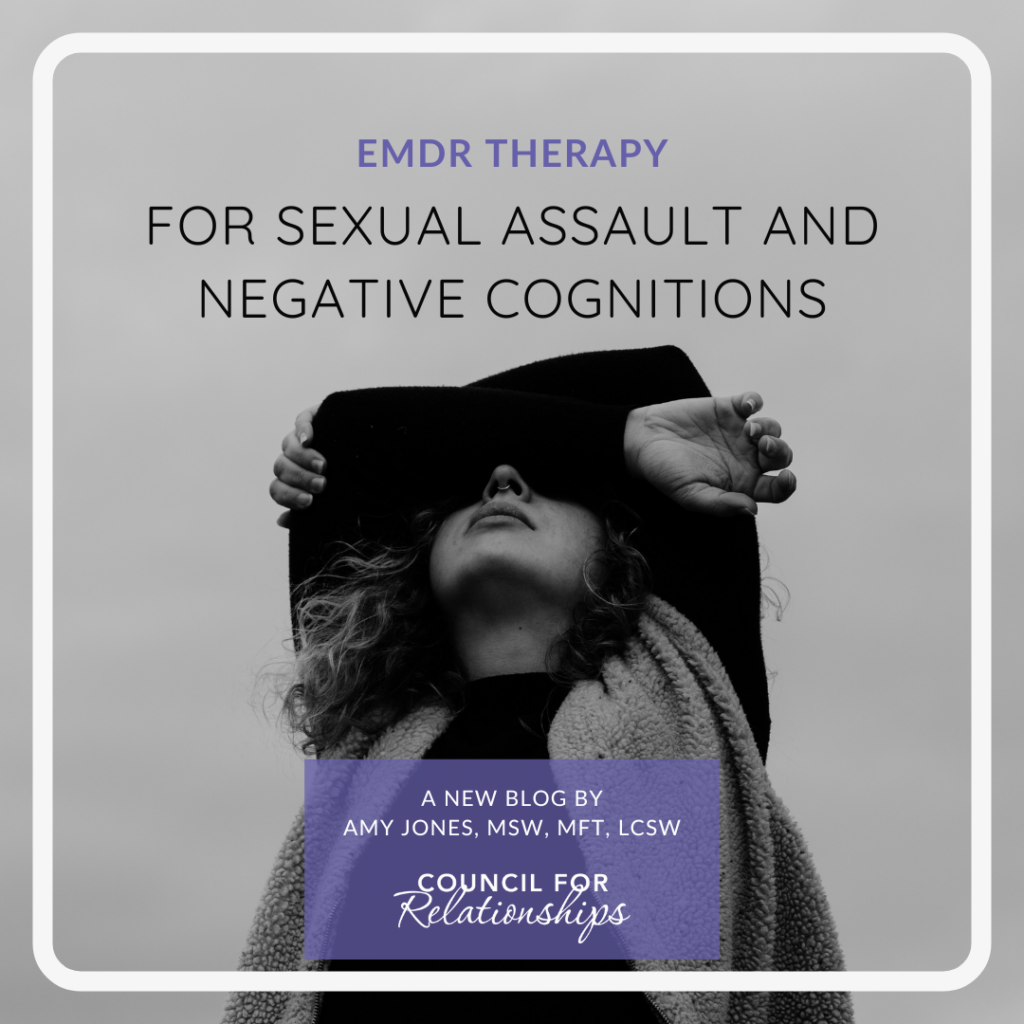
EMDR Therapy for Sexual Assault and Negative Cognitions
Sexual assault is a deeply traumatic experience that can leave lasting emotional and psychological scars. Survivors often carry invisible wounds that affect their daily lives, relationships, and sense of safety….
Read More
Holocaust Remembrance & the Legacy of Intergenerational Trauma
The government of Israel established Yom HaShoah as a day of Holocaust remembrance to honor the six million Jews and five million others who perished in the Holocaust—an event whose…
Read More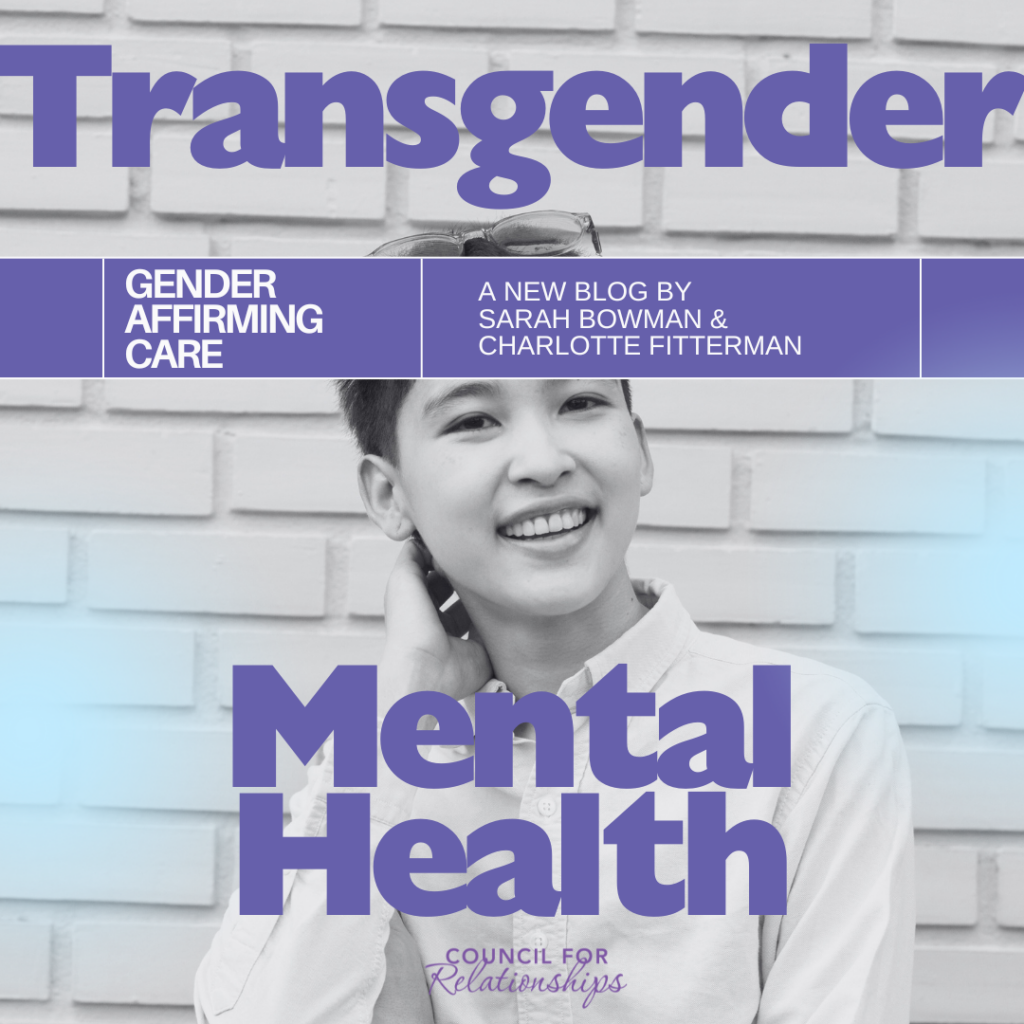
Supporting Transgender Mental Health Through Gender Affirming Care
Visibility empowers transgender and nonbinary people. Honoring trans lives means recognizing their resilience and lived experiences, while also advocating for essential support like gender affirming care and transgender mental health…
Read More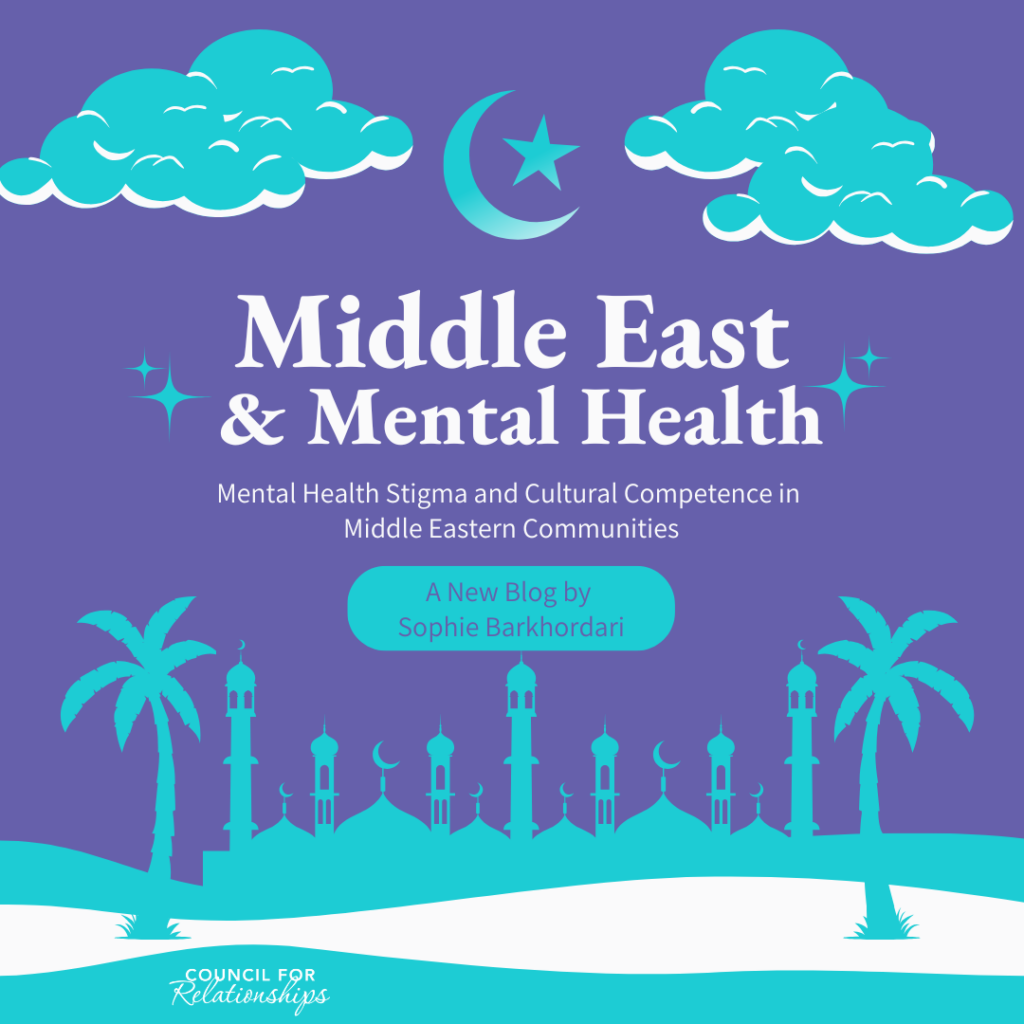
Mental Health Stigma & Cultural Competence in the Middle East
Mental health remains a difficult topic in many Middle Eastern communities, where values such as strength, privacy, and honor often discourage open emotional expression. As a result, mental health stigma…
Read More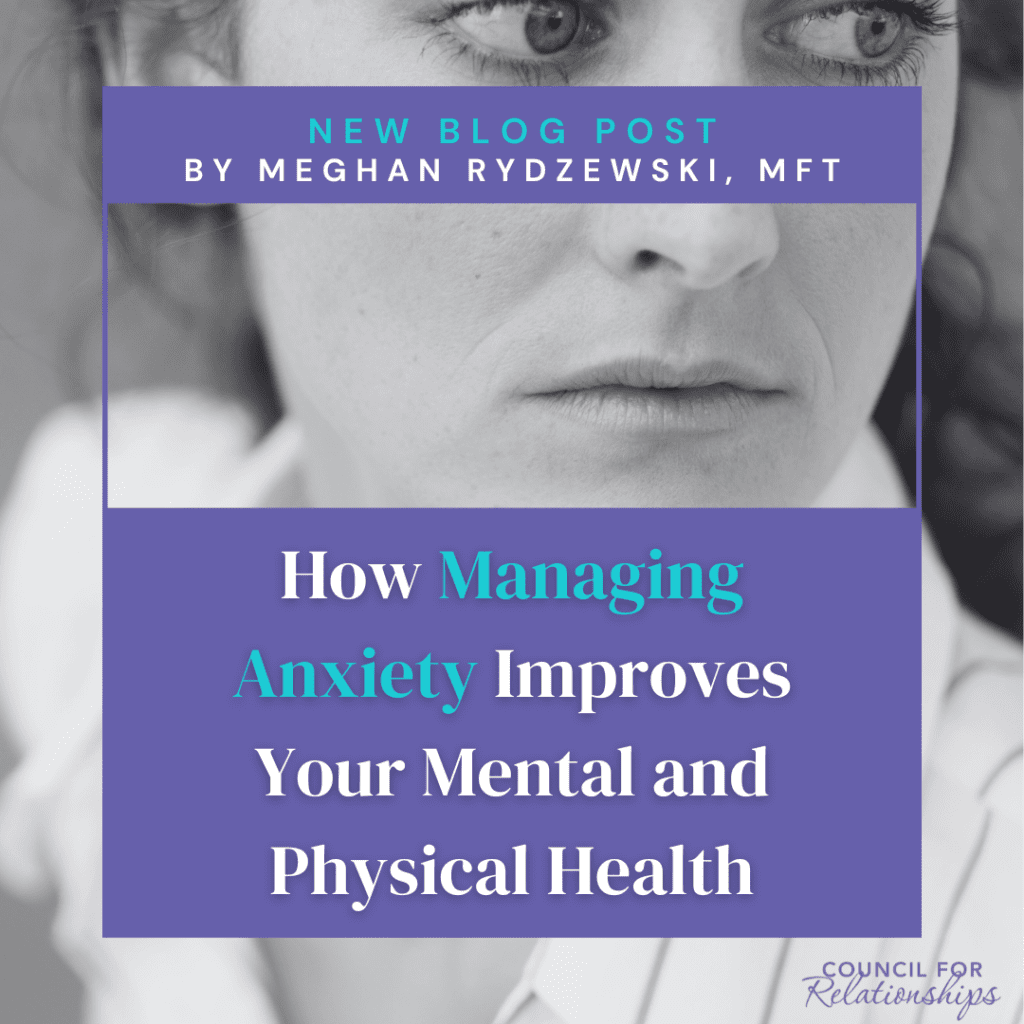
Managing Anxiety & Mental and Physical Health Tips
CFR Staff Therapist Meghan Rydzewski understands that managing anxiety during periods of uncertainty can be difficult, especially when trying to balance both mental and physical health. She emphasizes the importance…
Read More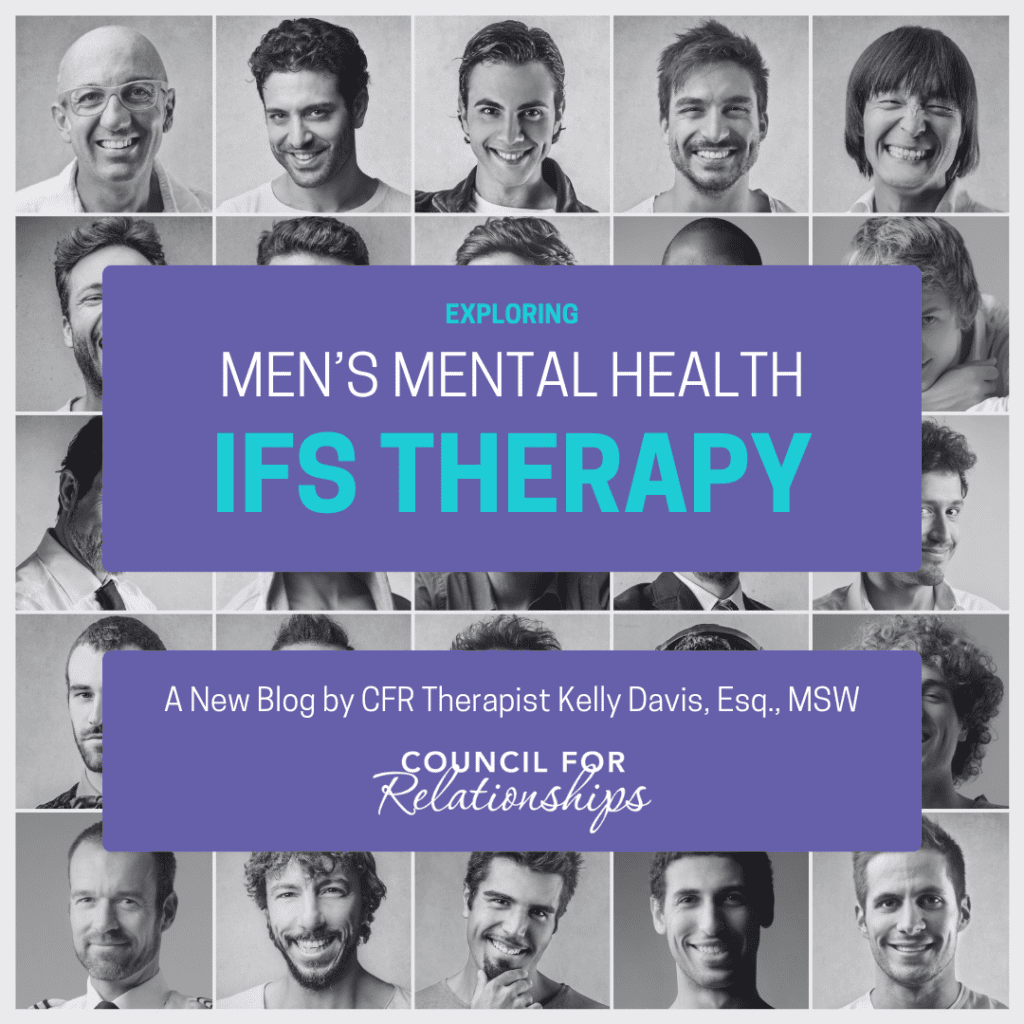
Exploring Men’s Mental Health Through IFS Therapy
Many men feel pressure to be providers, leaders, and stoic figures of strength. In her latest blog, CFR Staff Therapist Kelly Davis shares how Internal Family Systems therapy (IFS therapy) offers…
Read More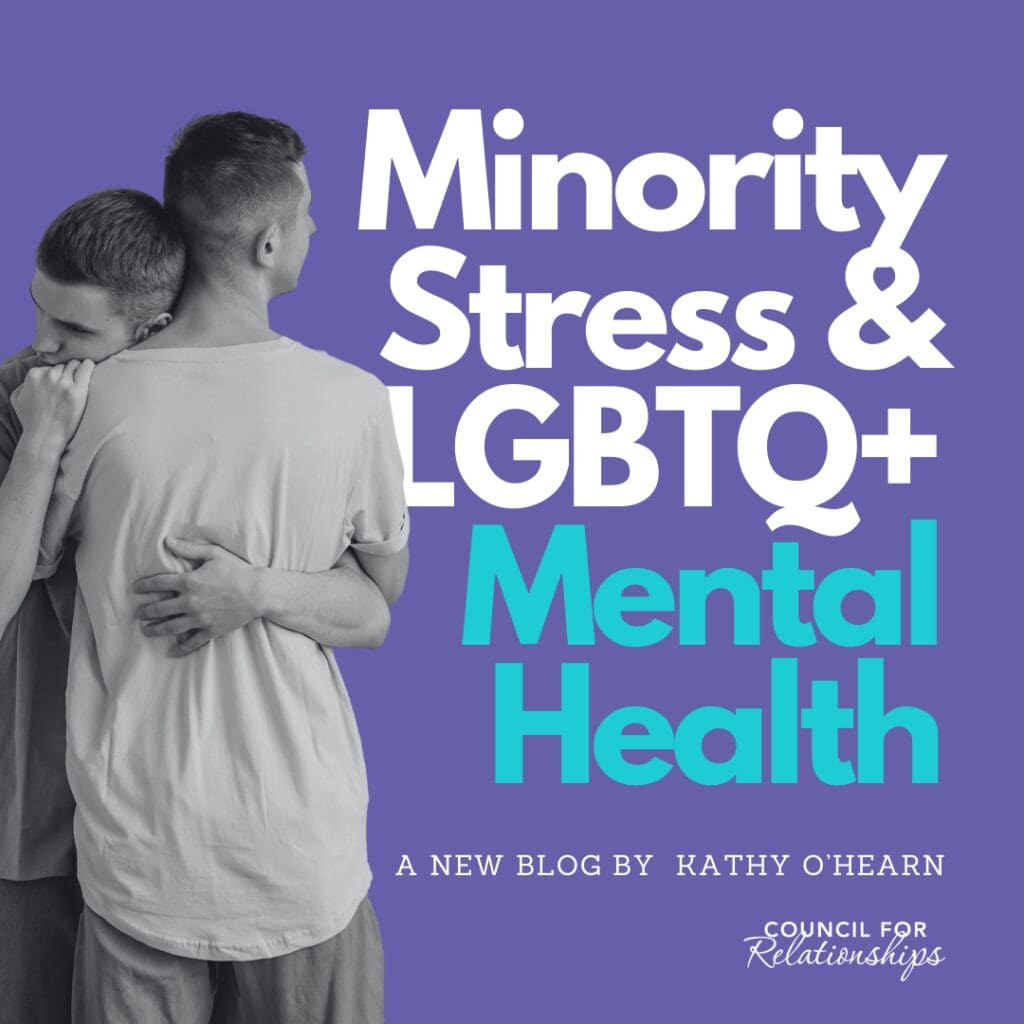
Minority Stress & LGBTQ+ Mental Health: What to Know
At Council for Relationships, we believe representation, visibility, and affirmation are essential to LGBTQ+ mental health. In this blog, Clinical Intern Kathy O’Hearn—a master’s student at Thomas Jefferson University and…
Read More
Transgender Day of Visibility: How Support Creates Safer, Stronger Communities
Every year on March 31st, the LGBTQ+ community and our allies come together to observe Transgender Day of Visibility. Transgender Day of Visibility (TDOV) serves to recognize the resilience of…
Read More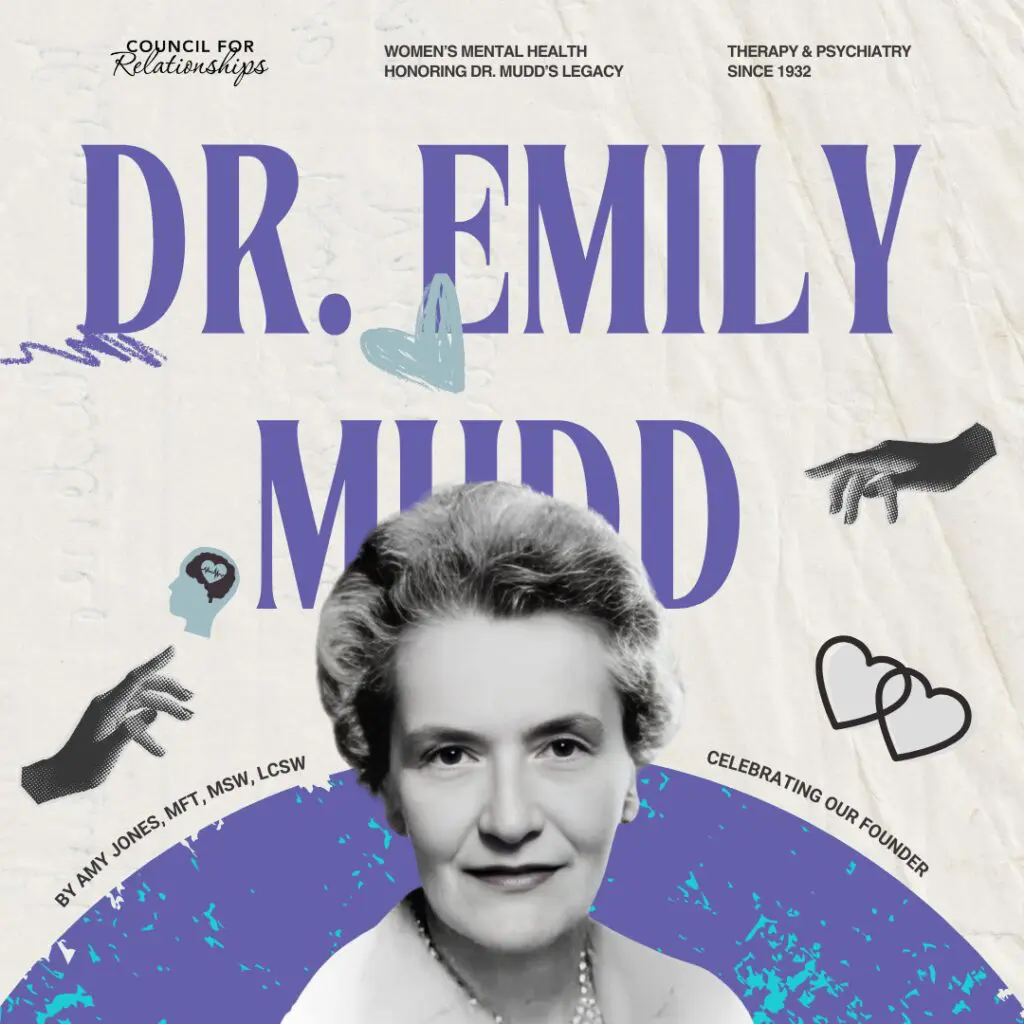
Emily Mudd: Celebrating the Founder of Council for Relationships | Part Three
Women’s mental health has remained central to Council for Relationships since Dr. Emily Mudd founded the organization nearly a century ago. Dr. Mudd’s groundbreaking efforts transformed society’s views on women’s…
Read More
Trauma Informed Therapist Reid Cilley Helps Clients Heal and Grow
Meet Reid Cilley, MFT: A Trauma Informed Therapist Centered on You When you’re searching for a trauma informed therapist, you deserve someone who listens without judgment and adapts to your…
Read More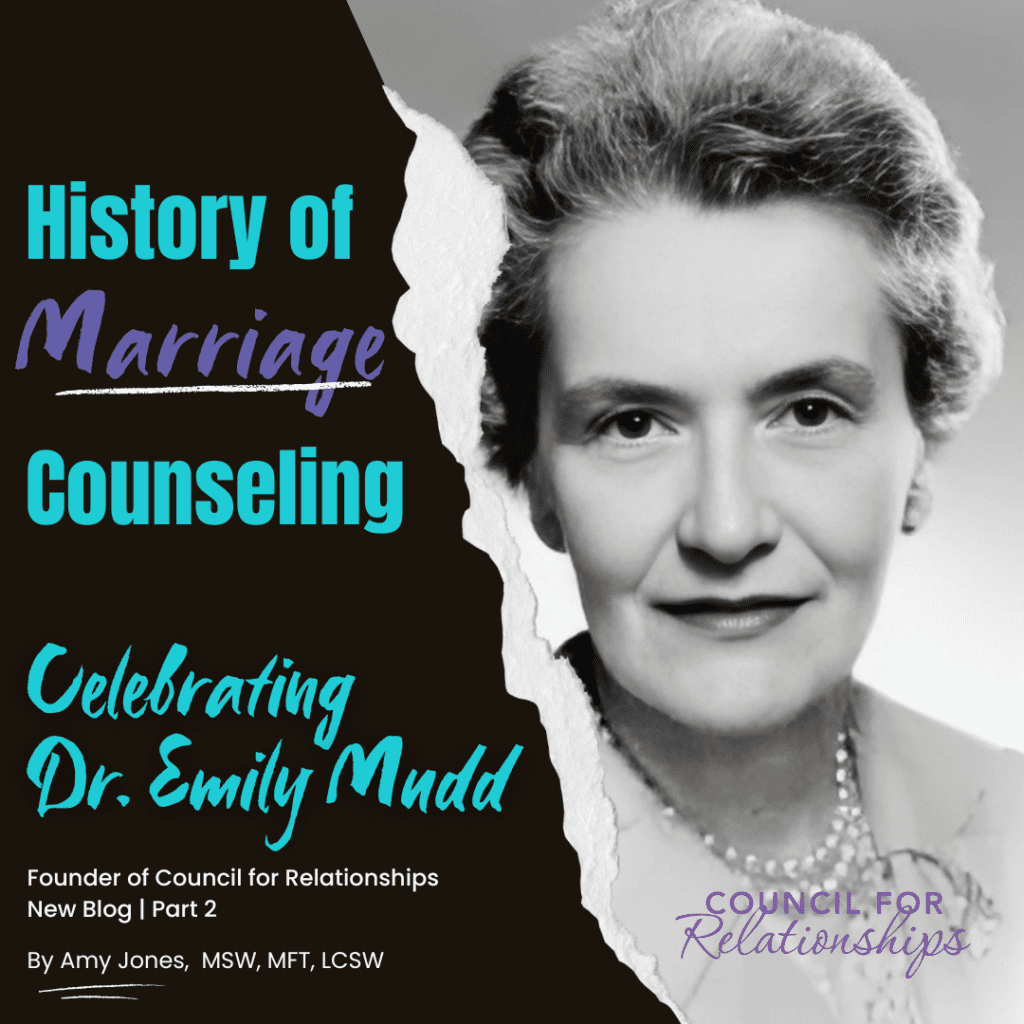
Emily Mudd: Celebrating the Founder of Council for Relationships | Part Two
To understand the history of marriage counseling requires an understanding of the contributions made by Dr. Emily Hartshorne Mudd. So, as we celebrate Women’s History Month, we continue our exploration…
Read More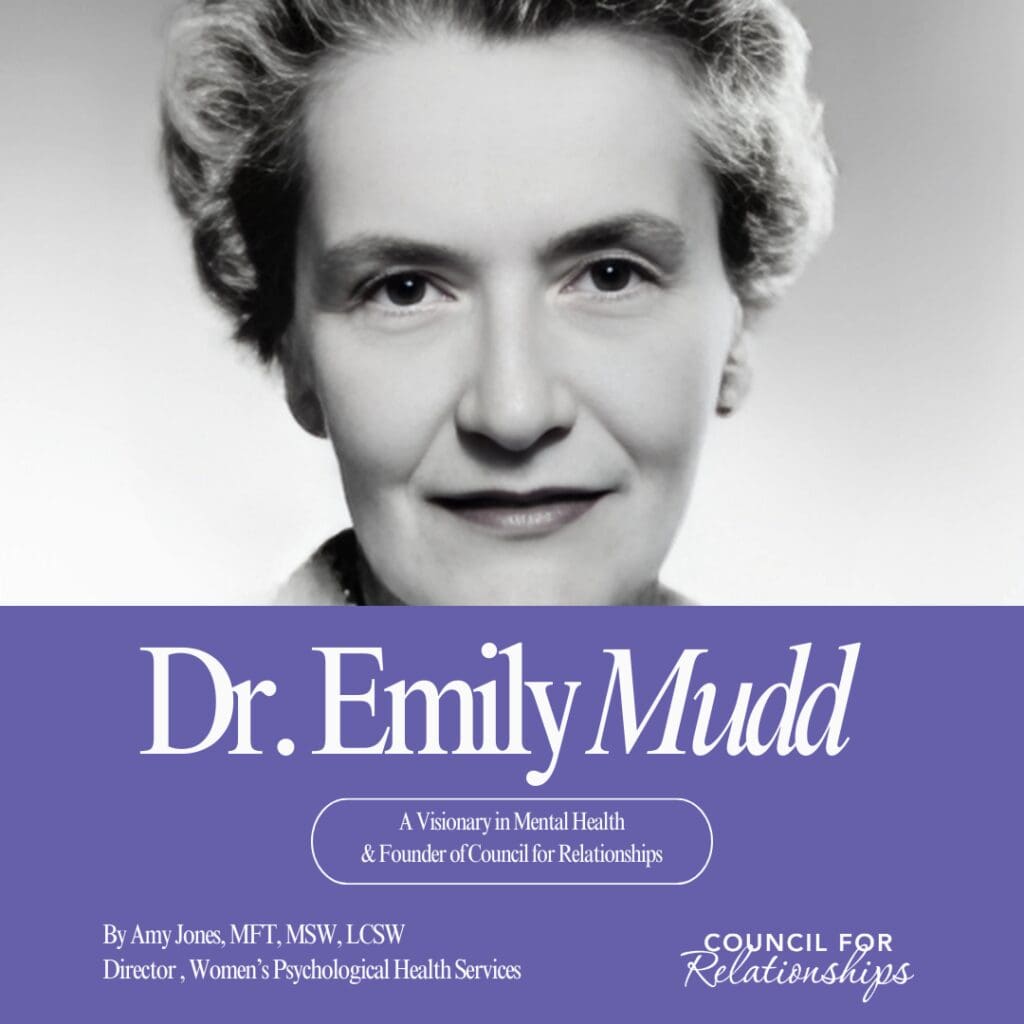
Emily Mudd: Celebrating the Founder of Council for Relationships | Part One
As we celebrate Women’s History Month, let us reflect on the work of Dr. Emily Hartshorne Mudd. She was a visionary in women’s mental health who championed relationship equity when…
Read More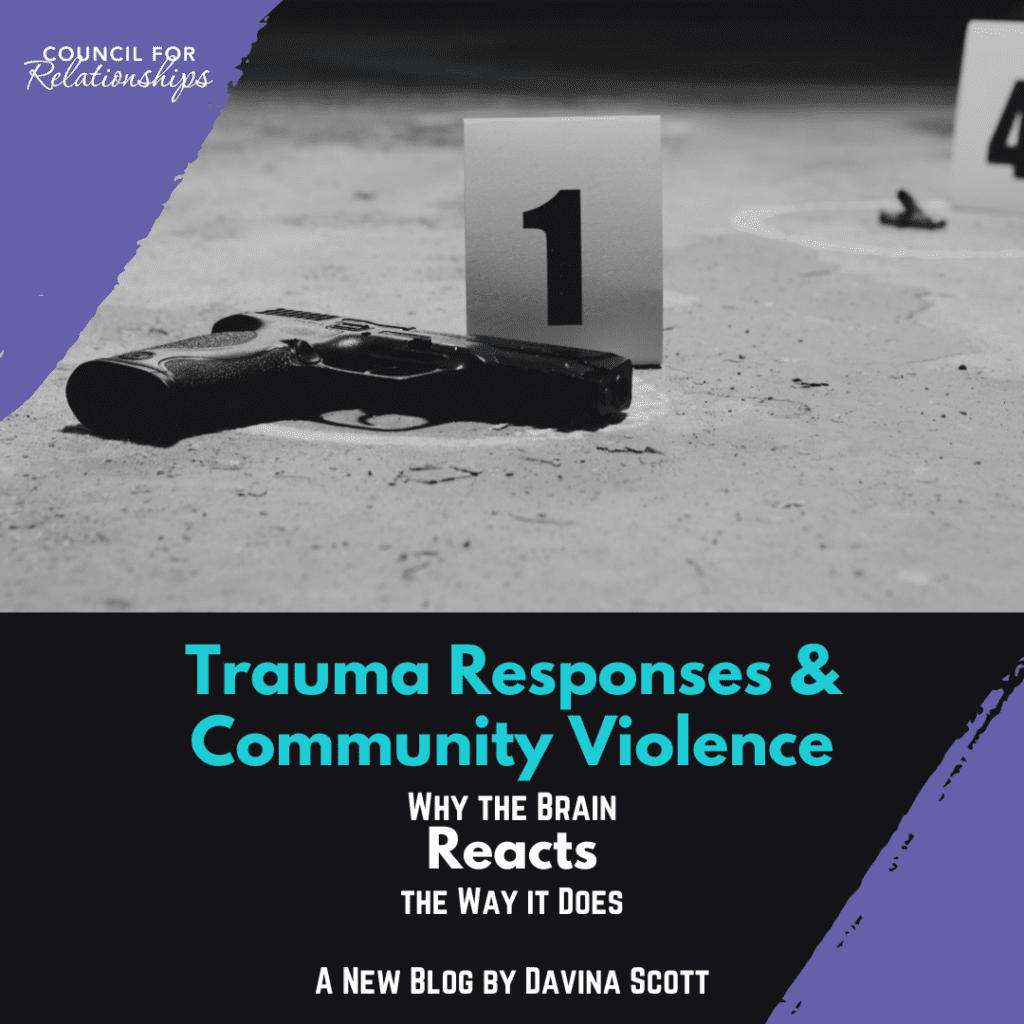
Trauma Responses & Community Violence: Why the Brain Reacts the Way It Does
Davina Scott, a Clinical Intern at Council for Relationships and a student at the University of Pennsylvania, explores the profound effects of community violence on mental health. In this blog,…
Read More
Meet Kelly Davis, Esq., LSW: Bridging Law, Advocacy, and Therapy
For some therapists, the path to mental health care is clear from the start. For others, like Kelly Davis, Esq., LSW, it’s a journey shaped by experience, personal growth, and…
Read More